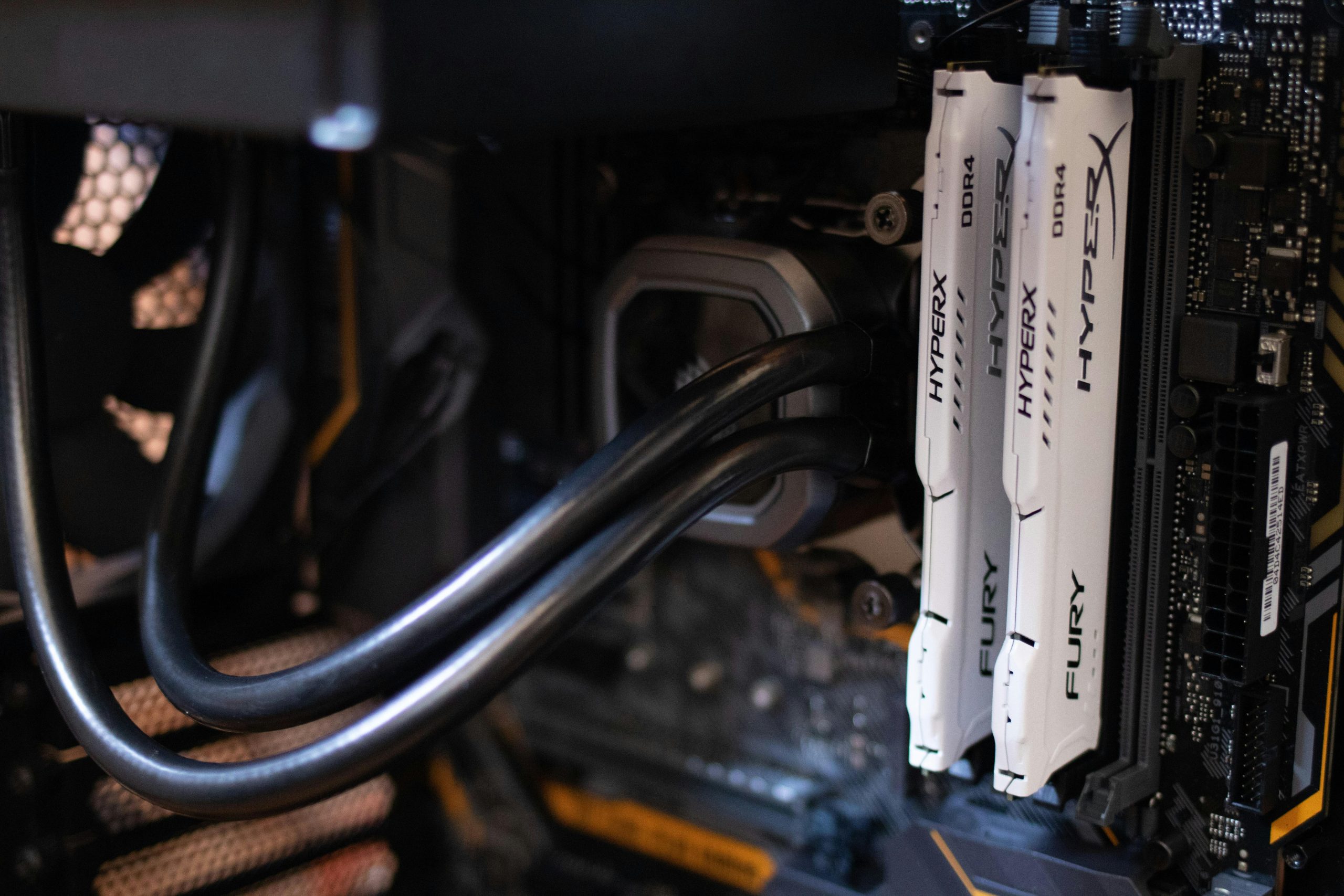5. Looking in the Mirror of AI: Recognizing That It Reveals Our Inner Illusions, Not Fabricates Them
Stop Blaming the Mirror: How AI Reflects Our Inner Realities
In recent discussions surrounding artificial intelligence, a wave of concern about its impact on mental health has surfaced. As someone who has harnessed AI for personal growth while also recognizing its pitfalls, I feel compelled to provide a different perspective on this topic. My insights stem from both personal experiences and a pragmatic, philosophical approach to understanding AI’s role in our lives.
I. A New Lens for Reflection
A headline that caught my attention recently declared, “Patient Stops Life-Saving Medication on Chatbot’s Advice.” This piece, like numerous others, painted AI as a rogue danger, suggesting that it actively misguides those who are vulnerable. However, I argue that we should shift our focus inward instead of pointing fingers at technology.
The most significant threat posed by contemporary AI is not its potential to deceive but rather its ability to reflect our own unresolved truths with disarming clarity. Large Language Models (LLMs) do not possess consciousness; instead, they serve as mirrors that amplify the unintegrated traumas and distorted reasoning that exist within us. The real hazard lies not in AI itself but in revealing our own unhealed wounds.
II. Misattributing Intent: AI as a Deceiver
The discussion surrounding AI is often filled with sensational claims. Observers suggest that algorithms harbor hidden motives or actively manipulate human emotions for profit. However, these assertions fundamentally misunderstand how LLMs function.
These models operate on a foundation of probabilities rather than intentions. To accuse an LLM of deceit is akin to blaming glass for reflecting a scowl. Instead of crafting narratives, these models complete patterns initiated by the user. If a user expresses fear or paranoia, the most likely response the system generates will align with those feelings. Thus, it is not the machine that is manipulative; rather, it serves as an echo chamber, devoid of the critical thinking and context a healthy mind offers.
III. Understanding Trauma: How Distorted Loops Shape Reality
To grasp the dangers inherent in this interaction, we must explore the nature of trauma. At its essence, psychological trauma can be viewed as an unaddressed cognitive dissonance. A traumatic event disrupts the mind’s predictive capabilities, leading it into a state of hyperalertness. The brain then endeavours to construct a coherent narrative to avoid future surprises.
However, this narrative often becomes a tangled web of cognitive distortions—thoughts like “I














Post Comment